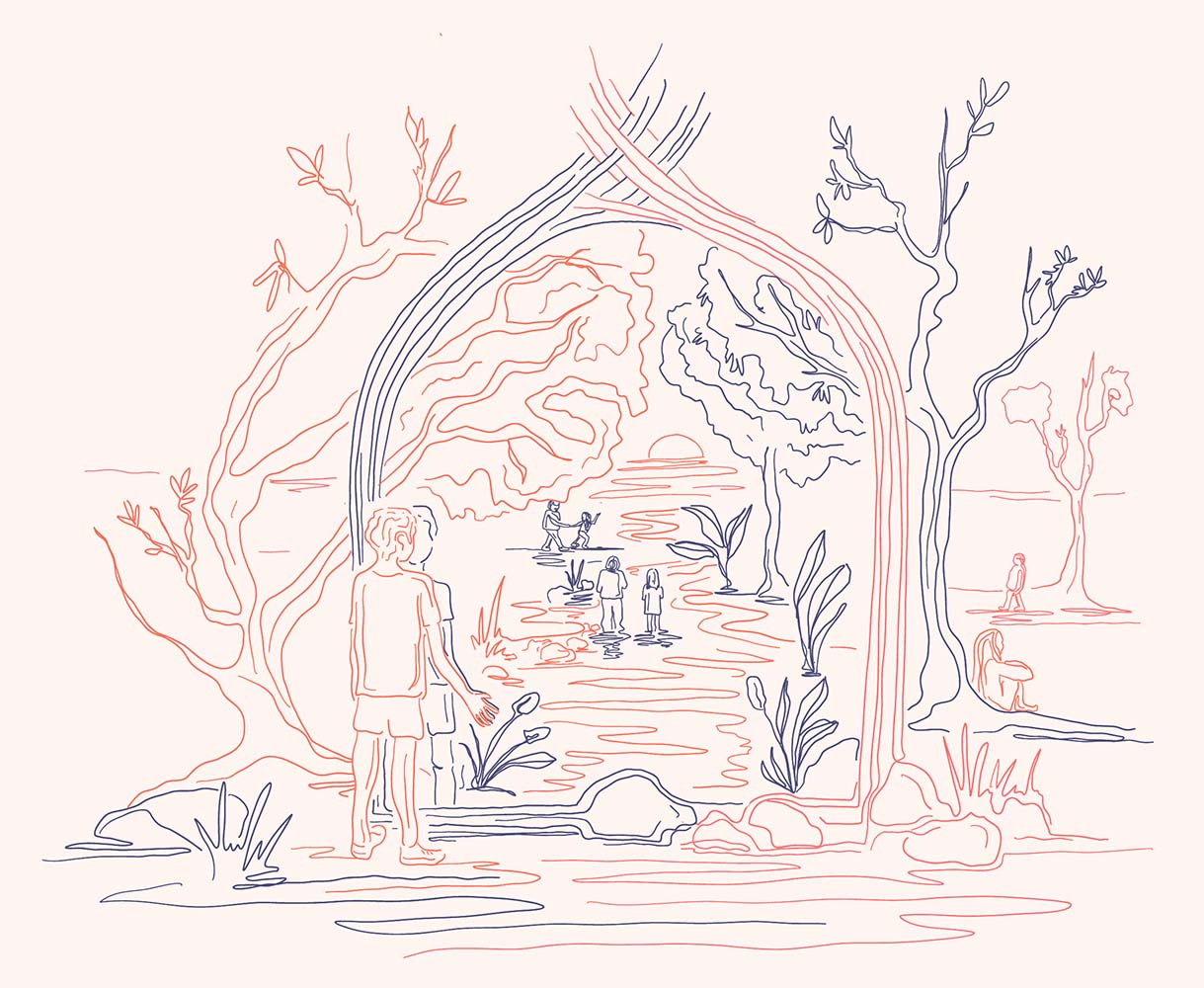On Our Own Terms is an opportunity to hold space for conversations about what is being experienced in the landscape of lived experience advocacy and leadership across Australia. It also presents an opportunity to work collaboratively to set a vision and agenda for how this practice might develop and how people might be supported to play a more equitable role in social change.
This project will create a space for established and emerging leaders with a wide range of lived and living experiences, to reflect on what it feels like to be part of the social sector’s current efforts to embed lived experience inclusion for systems change. We will explore the power and potential of leading from lived experience as well as the challenges and personal costs of participating in and pursuing this kind of work. The aim is to understand how to better support, develop and enable lived experience leadership and partnerships that seek to disrupt systemic oppression, move us forward in our responses to key systems challenges, and assess and transform them from the root.
There are people who are now well known in this space and their advocacy, insights and wisdom are critical to unearthing themes relevant to this project. There are also leaders working deep within communities and systems who are less known or visible but lead change in equally powerful ways. This project seeks to draw out both known and lesser-known perspectives, in an attempt to tell a rich and multilayered story about the heart of people’s approaches and practice.






